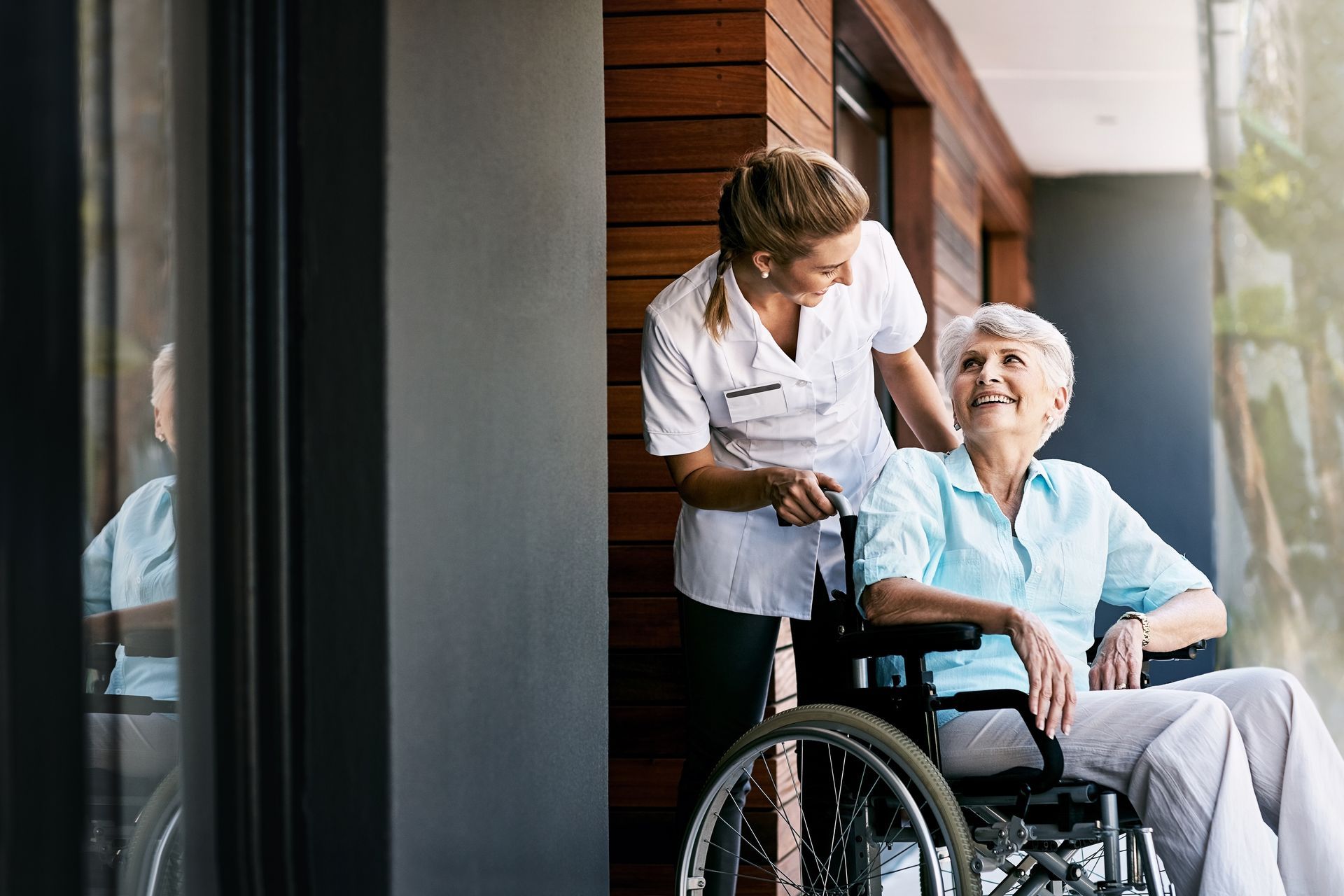BLOG
What Is Assisted Living?
Just what is assisted living? While you may not be sure how to exactly define the term, there’s one thing you are sure of: how reassuring it would be to know your loved one was benefitting from a safe, comfortable and supportive environment that feels like home.
That’s exactly what assisted living can be.
At Assured Assisted Living, we offer comfort, consideration, and compassion—in a community that feels like home, because we believe home is where people are happiest and healthiest. We’d like to answer the question, “what is assisted living?”, and what it could mean for your family.
What is assisted living?
A few facts to know
Assisted living is a type of senior living that provides housing, personalized care and support with activities of daily living. These can include bathing, dressing, personal hygiene, toileting, transferring, eating and medication management. So that as your loved one begins and goes about their day, they have a caring, helping hand they can depend upon.
The goal is to help protect the health and safety of each individual, while offering the many benefits of maintenance-free living.
- More than 810,000 Americans currently reside in the more than 28,000 assisted living communities nationwide. The number of communities is on the rise.
- Most residents move into assisted living between the ages of 75 and 85.
- Approximately 71 percent of residents are female, while 29 percent are male.
Care may be included in the monthly rental fee, or provided on an á la carte basis where you choose how much help you want and need. Assisted living is not for those with medical considerations that require 24-hour skilled nursing care.
It could be just the right solution
Assisted living can open a whole new world to a senior who has been struggling with living on their own.
Instead of worrying about home maintenance, planning a meal, or how to arrange transportation to a physician’s office, they can relax knowing someone is right there to take care of it for them. Services like scheduled transportation, nutritious and delicious dining, maintenance, and more are all part of the supportive setting.
One important answer to the question of “what is assisted living” is that it is a lifestyle free of daily chores or concerns—leaving newfound freedom for a senior to keep doing the things they love, and to explore new possibilities.
What’s more, instead of feeling alone or left out, residents of assisted living are surrounded by friends and caring staff 24 hours a day, so engaging with others is easy and spontaneous. Activities offer fun and interesting ways to socialize, share a laugh, and feel part of a caring community. These are all very important considering the negative health effects that can result from isolation or loneliness.
Residential assisted living: even more like home
At Assured Senior Living, our specialty residential homes model is based upon current research and best-practices in holistic senior care. Small groups of residents share a lovely home within the larger communities they occupy. Each resident enjoys their own private apartment suite; several comfortable common areas encourage communal living and social engagement.
Delicious, family-style meals are created daily in our well-appointed home kitchens, with residents encouraged to pitch in and feel empowered to actively participate in their daily lives. Our neighborhood clusters of resident homes create a small, tight-knit communities where members feel at home amongst close friends and neighbors. Daily activities can include a walk in the neighborhood, visiting with friends or family on a shady front porch, or even taking a bike ride.
So, what is assisted living? The answer can be that assisted living is an exceptional lifestyle that honors your loved one’s journey, where they are empowered to thrive and experience joy, and where your family can have the confidence that your parent or older loved one is benefitting from purposeful living.
We’d love to tell you more. Contact us today, or download our free Family Decision Toolkit guide for more information.















